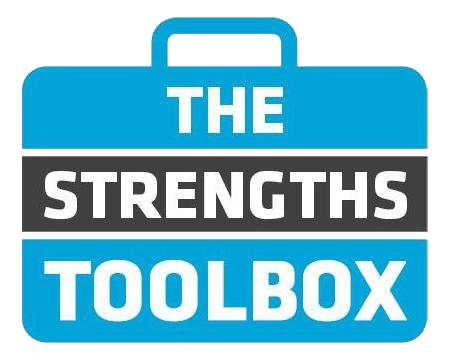The CliftonStrengths for Sales report helps salespeople see how their innate talents contribute to greater success in their sales role. Get your top 10 themes, personalized reports, sales-specific insights, and more when you complete the CliftonStrengths assessment.
Strengths-based development can assist salespeople in several ways:
Increased Sales: Organizations that practice strengths-based development see up to 19% higher sales overall.
Improved Performance Outcomes: Teams that received strengths-based development achieved 19% increased sales, 29% increased profits, and 72% lower turnover in high-turnover organizations.
Engagement and Retention: Engaged employees outperform others on crucial performance outcomes, and Gallup data shows that the top reason people leave a job is for development. Strengths-based development helps people grow no matter their role or title, and leaders and managers can integrate strengths into performance reviews and coaching conversations to help employees apply their strengths to succeed in various situations.
Strengths-Based Selling: Strengths-based selling is an approach where a person uses their innate talents and strengths to do sales. By focusing on their strengths, salespeople can build better relationships with customers and close more deals.
Improved Talent Management: A strengths-based approach to managing talent helps employees identify, cultivate, and use their strengths at work. This approach is based on the premise that people’s talents are unique and enduring, and it can lead to improved engagement, performance, and retention.
In summary, strengths-based development can help salespeople improve their sales performance, build better relationships with customers, and increase engagement and retention. By focusing on their strengths, salespeople can leverage their natural talents to achieve better outcomes and grow in their roles.
Fill in the form below to download my Free eBook

